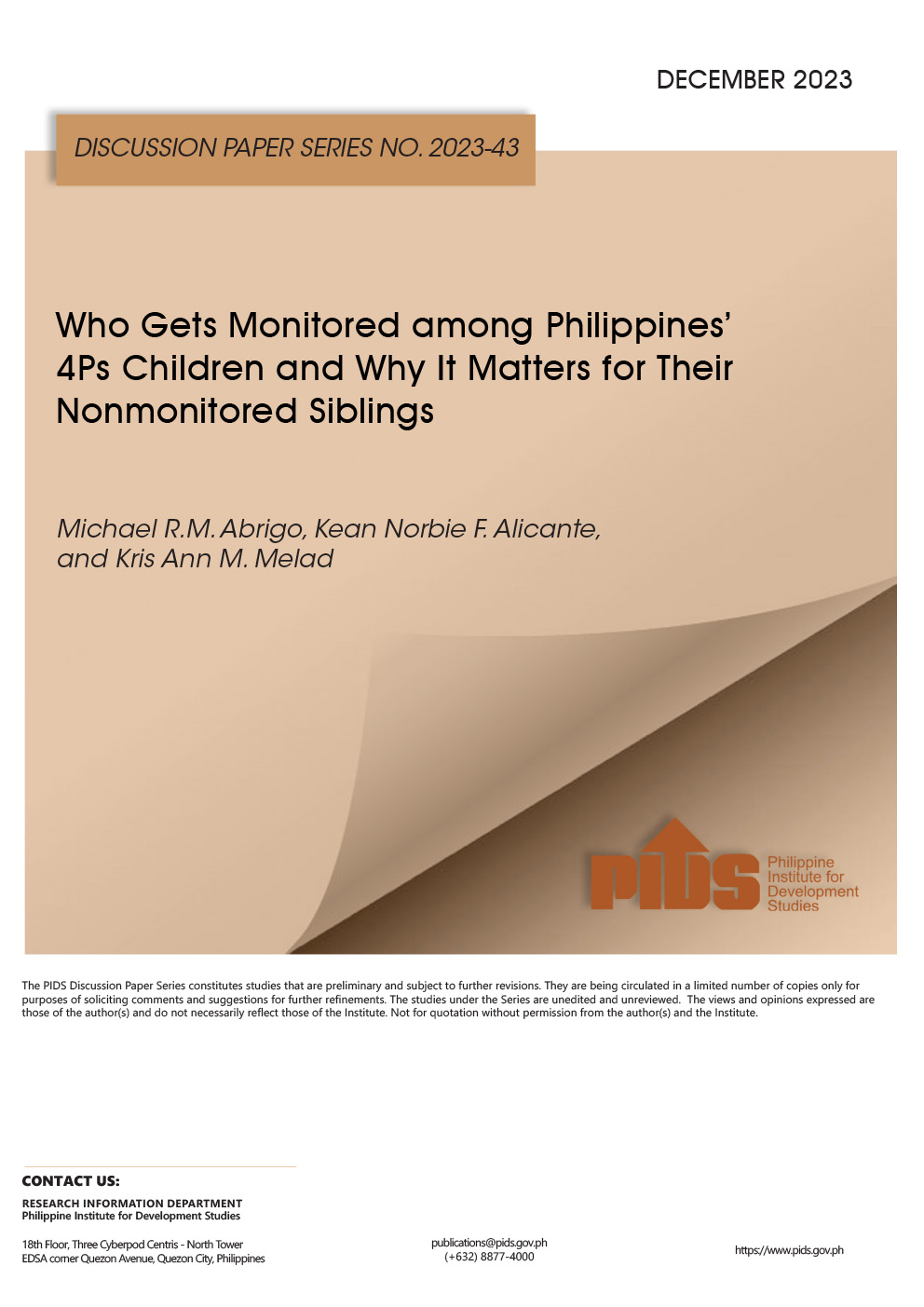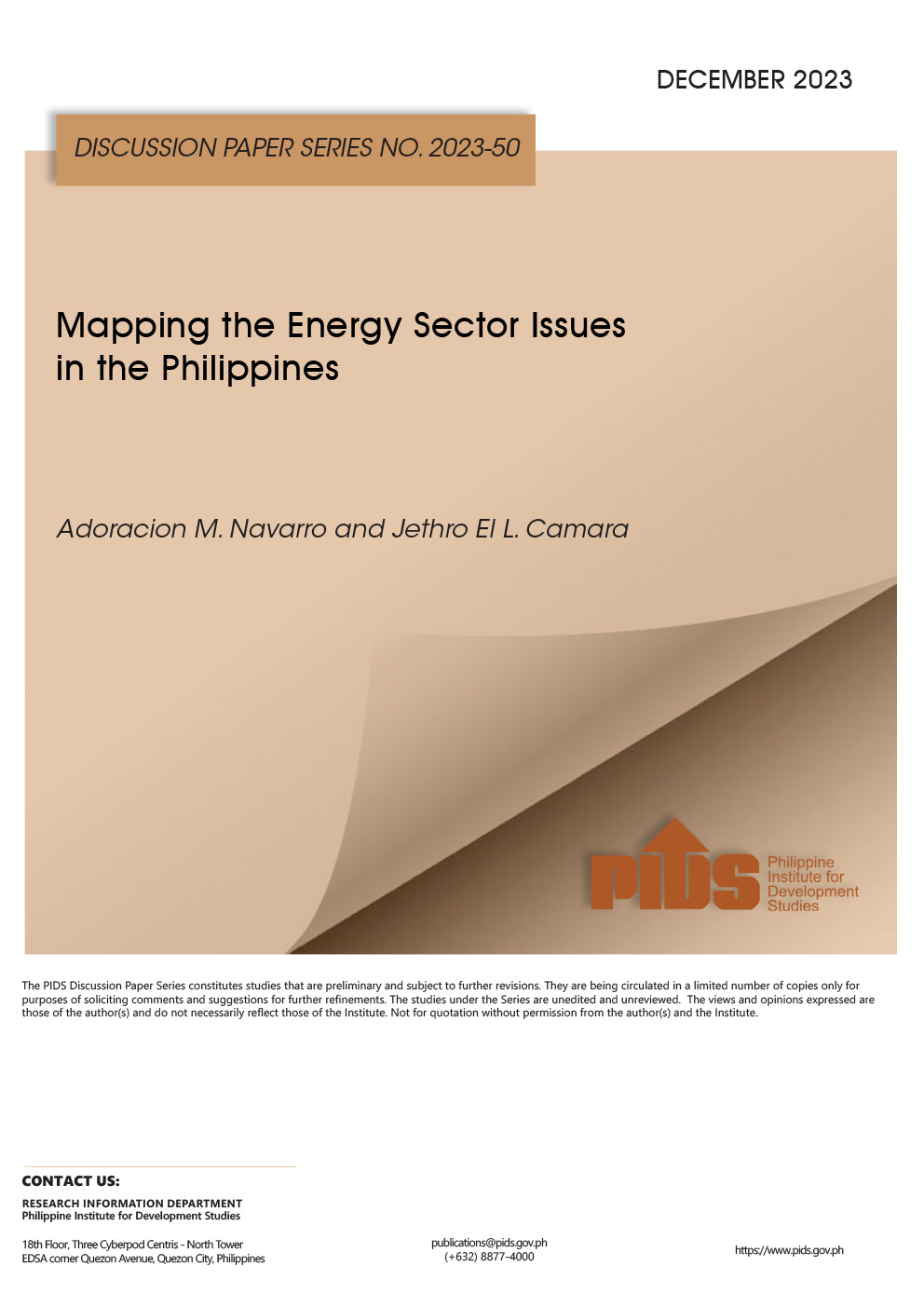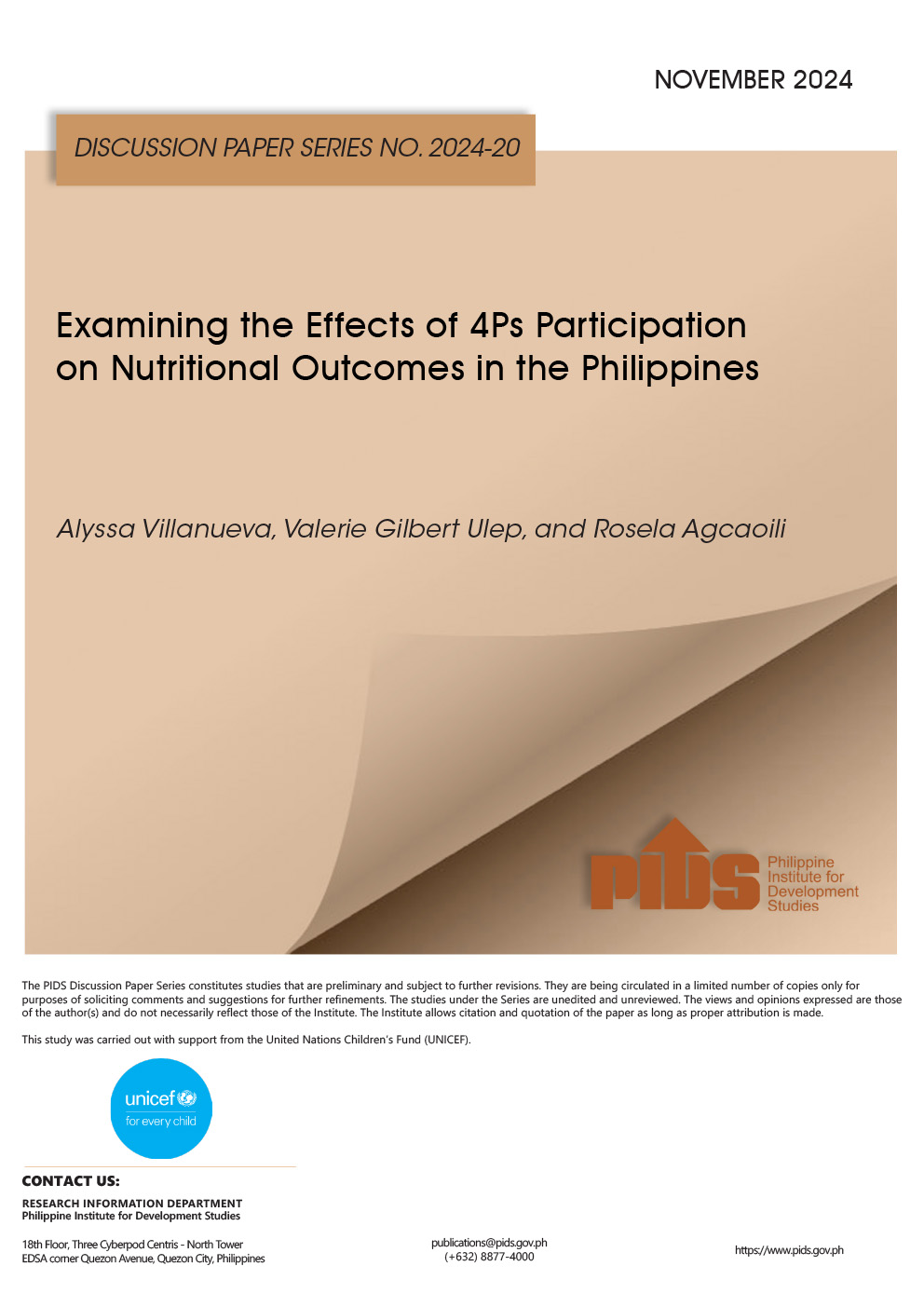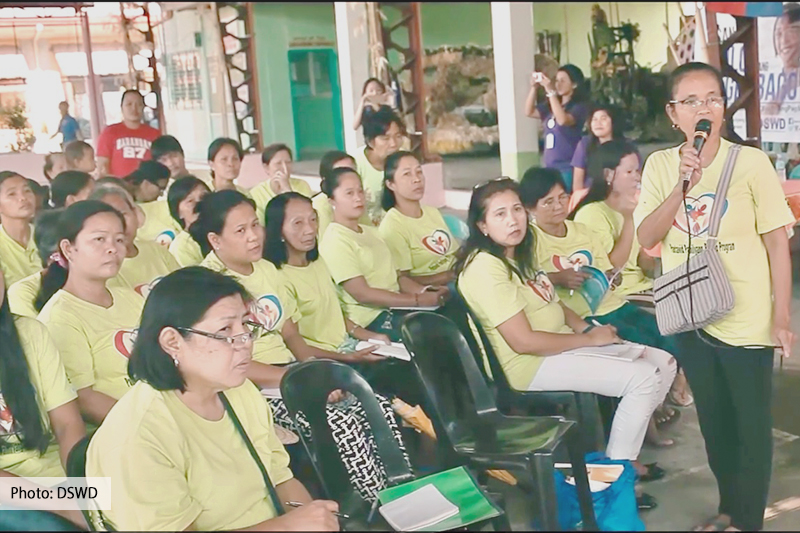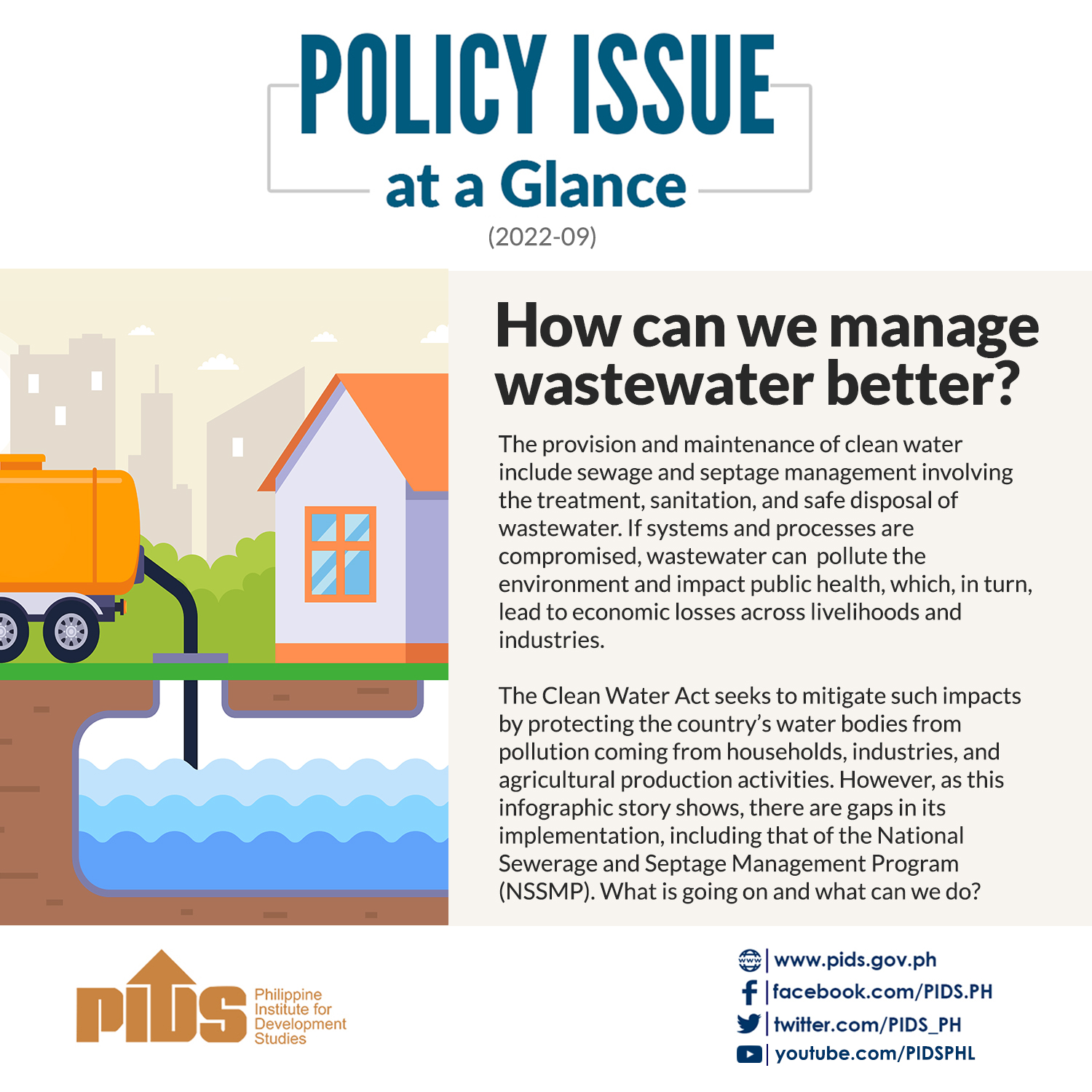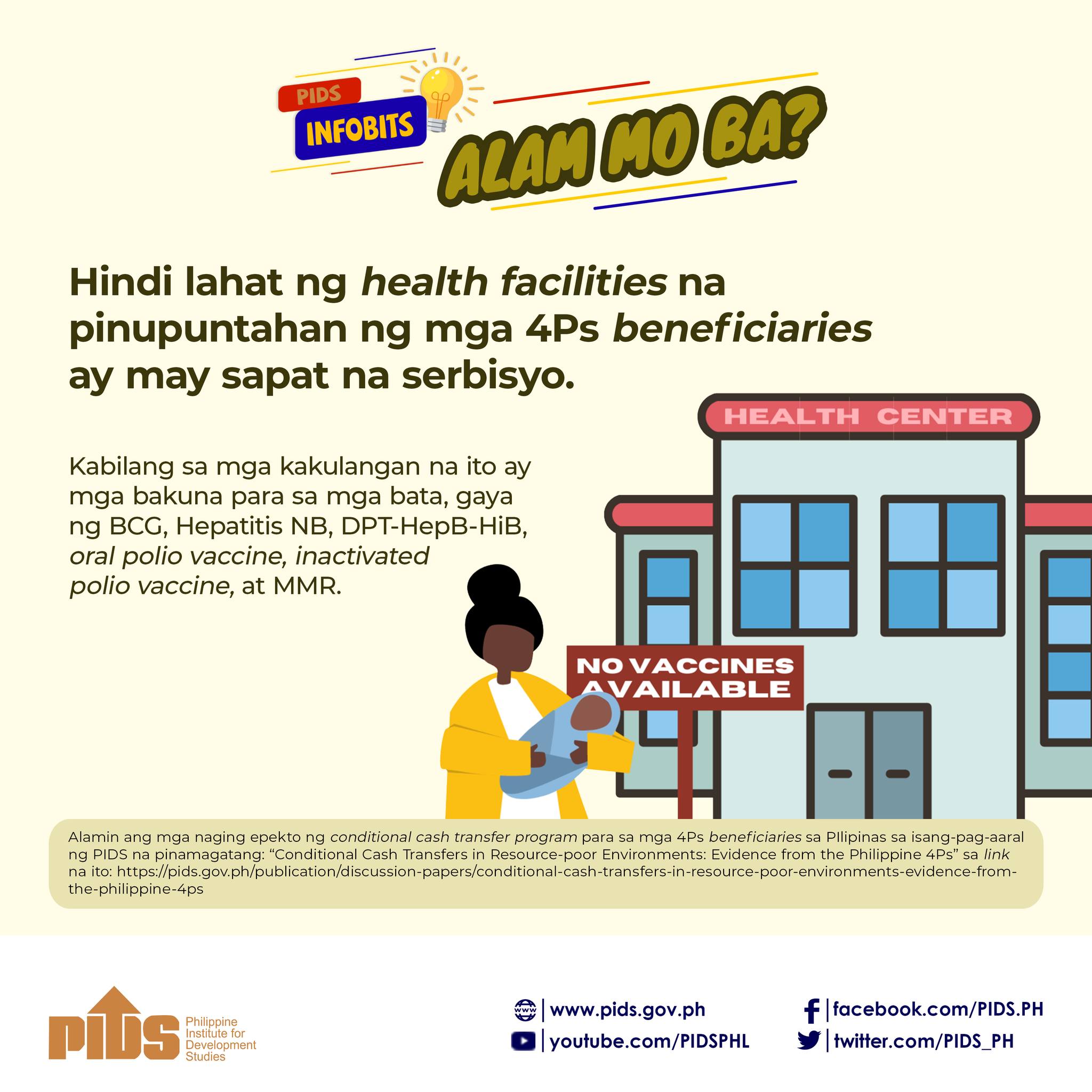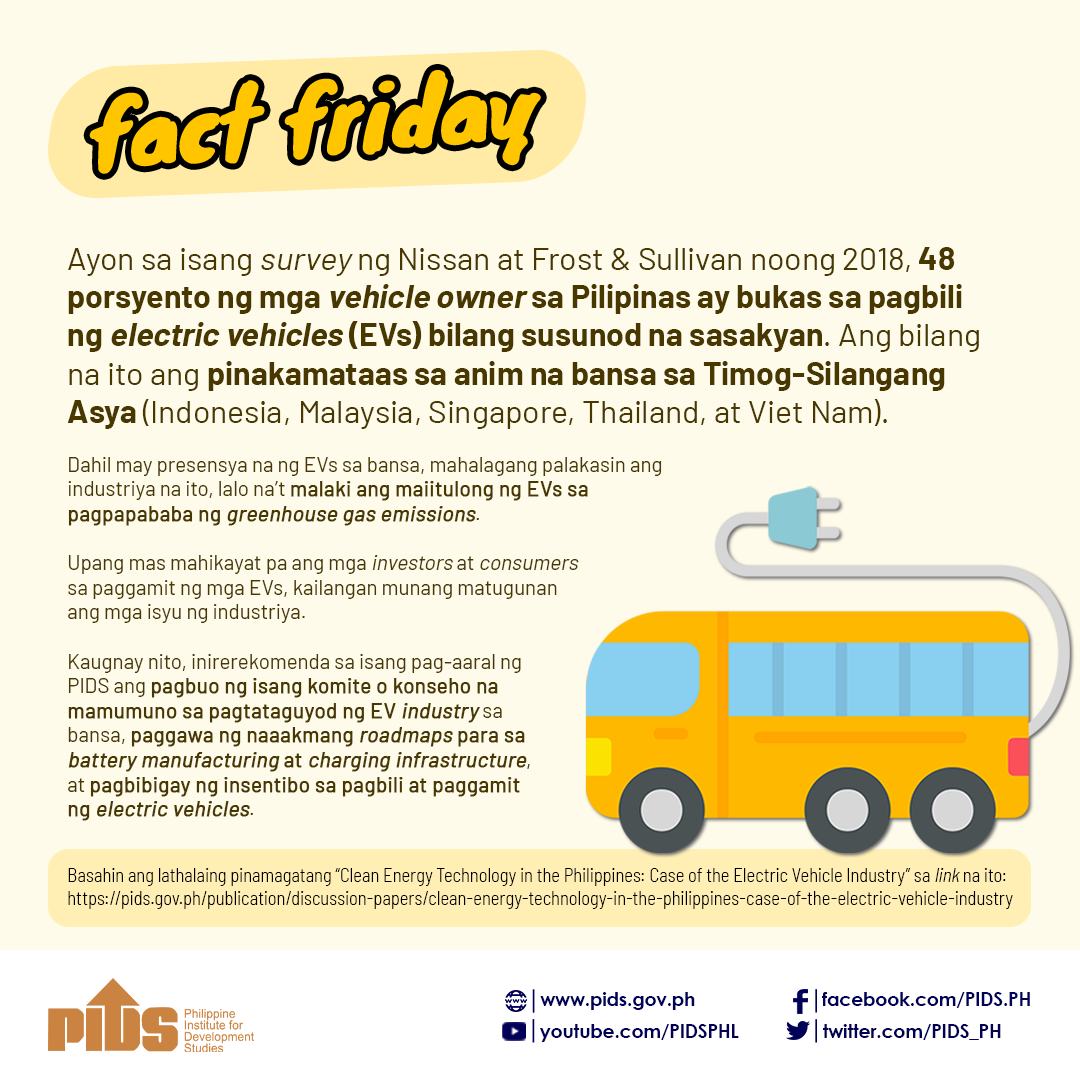DSWD Secretary Dinky Soliman clarifies that figures in a recent ADB report assessing the Pantawid Pamilyang Pilipino Program are outdated
MANILA, Philippines — Department of Social Welfare and Development (DSWD) Secretary Corazon "Dinky” Soliman said her agency is currently enforcing measures to maintain a clean database for the Pantawid Pamilyang Pilipino Program (4Ps).
"We have a Grievance Redress System (GRS) which captures and processes complaints about the program and the beneficiaries. Through this, we have already delisted more than 77,000 beneficiaries,” she said in a press statement on Monday, June 29.
Soliman added that the DSWD also conducts regular spot checks nationwide as well as consultations with partner agencies and organizations to help improve the implementation of the program.
Soliman was reacting to a recent paper on Asian countries' inclusive growth recently released by the Asian Development Bank (ADB), which noted that "improvements are needed in the [Philipppine] program’s targeting system to reduce an estimate leakage rate of 30%.”
This implied that families not falling under the non-poor category became beneficiaries of the Aquino administration’s conditional cash transfer program.
ADB Philippine country director Richard Bolt, however, explained in another press statement that the targeting issue raised in the report has been fully addressed by the DSWD.
"I wish to clarify that the figure in the ‘Learning Lessons’ publication of ADB’s Independent Evaluation Department is sourced from a 2013 study done by the Philippine Institute of Development of Studies, which is based on 2009 data and earlier poverty targeting practices,” said Bolt, adding that it was "unfortunate” that this reference was not made clear.
"As such, we are confident that the issue raised is no longer the case in the ongoing conditional cash transfer program,” he added, saying that the ADB report is "strongly positive and supportive” of the 4Ps and its achievements.
During the Rappler Talk: Ending hunger and poverty in the Philippines on June 29, Soliman also said the leakage mentioned in the ADB report does not refer to corruption.
"Targeting error means there were non-poor who were given [cash], and that’s not corruption — that’s an error in targeting,” she emphasized. (READ: Lawmakers question DSWD's conditional cash transfer program)
According to her, there were only around 700,000 household beneficiaries when the data referred to in the ADB report was generated.
"Now, we have expanded to more than 4.4 million. A number of steps have already been taken to address the problems that arose when it was still being started. Different institutions, including ADB, has even recognized the department’s efforts in line with this,” Soliman said. (READ: The costs and benefits of Pantawid Pamilya)
She also expressed appreciation for the clarification made by the ADB.
4Ps assessment
DSWD is currently conducting the second assessment of the National Household Targeting System for Poverty Reduction (NHTS-PR), which will identify whether a household is poor, near-poor, or non-poor through indicators specified by the department.
"After this second round of assessment, we should be able to get a registry of who should be included in our programs, particularly the Pantawid Pamilya,” Soliman said.
According to her, recent disasters rendered many families poor, homeless, and jobless, making them more in need of support from the government.
Soliman also said the public may report their complaints or ask questions about the 4Ps through the GRS. They may text or call 0918-912-2813, email4psreklamo@gmail.com, or notify the Tanggapan ng Reklamo Facebook page. — Rappler.com

